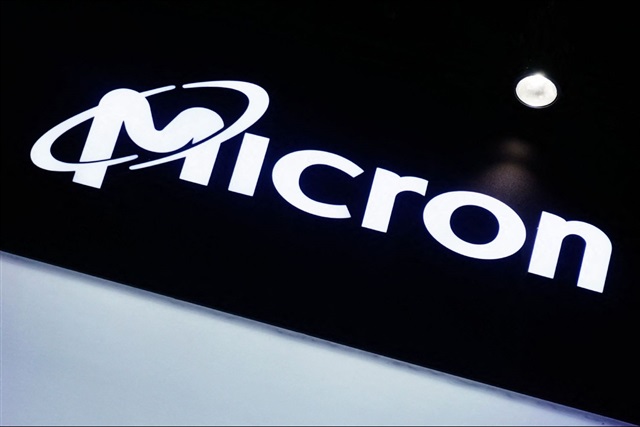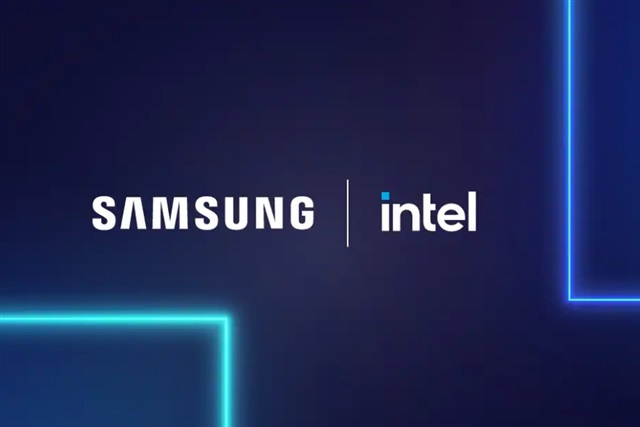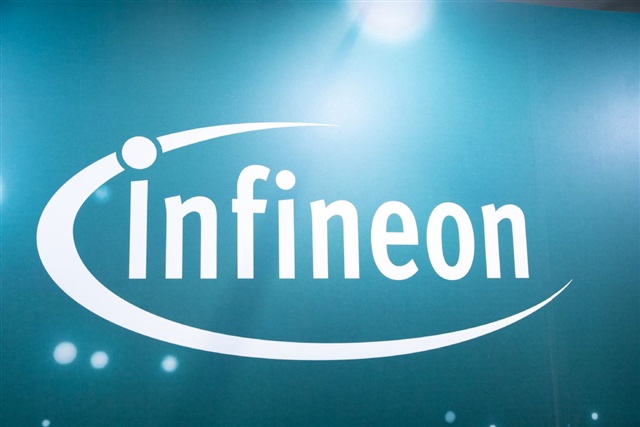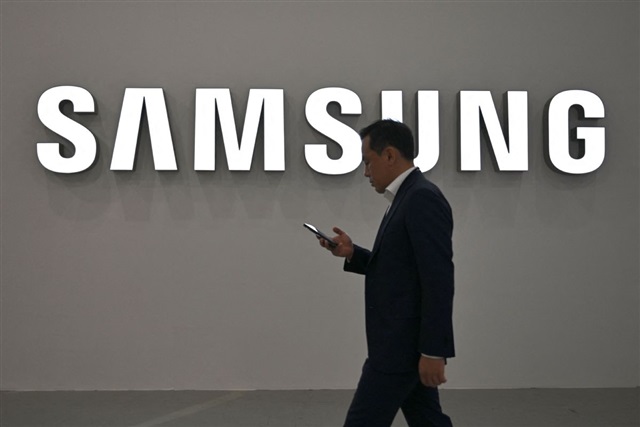
After revealing the latest financial results, Micron held an earnings call, discussing the recovery paces across markets. The company is optimistic about the demand for HBM as it continues to secure customers and develop HBM4.
At the earnings call, Micron CEO Sanjay Mehrotra said that despite the lackluster demand for consumer electronics, the global PC market is gradually recovering, with modest unit volume growth expected in 2024, adding that the rise of AI-powered PCs, requiring more DRAM, will drive future growth. The Windows 10 end-of-life in 2025 is also expected to boost PC sales in 2025.
He said that the smartphone market is on track to achieve mid-single-digit growth in 2024 and low-single-digit growth in 2025, driven by AI applications.
The automotive market faces challenges due to lower production levels and a shift towards value-trim and electric vehicles (EVs). While current inventory adjustments impact memory and storage content growth, long-term optimism remains high, driven by the adoption of ADAS, infotainment, and AI.
DRAM bit shipments are expected to decline sequentially, with a notable drop in NAND bit shipments. However, a rebound is anticipated in the second half of the fiscal year. NAND industry conditions may affect near-term gross margins, but growth in HBM and data center DRAM will provide some mitigation.
Mehrotra explained that the current weakness in the fiscal second quarter guidance is primarily due to inventory adjustments in consumer-oriented markets and some moderation in data center SSD purchases. However, he believes that inventory levels in consumer markets will improve in the spring, leading to increased shipments in the second half of the fiscal year. Additionally, data center storage demand, driven by AI and data center build-outs, is expected to rebound in the second half.
Mehrotra outlined the key factors driving Micron's optimism for a stronger second half of the fiscal year. These include improved inventory levels in consumer-oriented markets, a rebound in data center SSD demand, continued momentum in HBM, and increasing AI penetration in smartphones and PCs. The combination of these factors is expected to lead to significant shipment growth and healthier revenue in the second half.
Mehrotra addressed the development of HBM, noting the transition from 8-High to 12-High configurations. He stated that HBM3E currently has a trade ratio of about three. Looking ahead, he anticipated that future iterations like HBM4 could reach higher ratios.
He continued that this shift is expected to result in a 50% increase in memory capacity per cube, which could enhance the performance potential of GPUs and accelerators. As development progresses, the importance of HBM is expected to rise, particularly with the advent of future generations, such as HBM4 and HBM4E, which are likely to offer more customization options.
Stay up to date with the latest in industry offers by subscribing us. Our newsletter is your key to receiving expert tips.

Samsung is reportedly evaluating a potential European semiconductor expansion alongside its South Korea and US manufacturing base, as the region tightens local production requirements and Germany seek

Given frequent price increases across precious metals, wafer foundry services, and packaging and testing, Infineon's announcement of price increases is very telling for the market. The company wil

Nvidia has recently signaled to Samsung Electronics that it hopes to secure early deliveries of sixth-generation high-bandwidth memory, known as HBM4. At the same time, as memory makers devote an incr